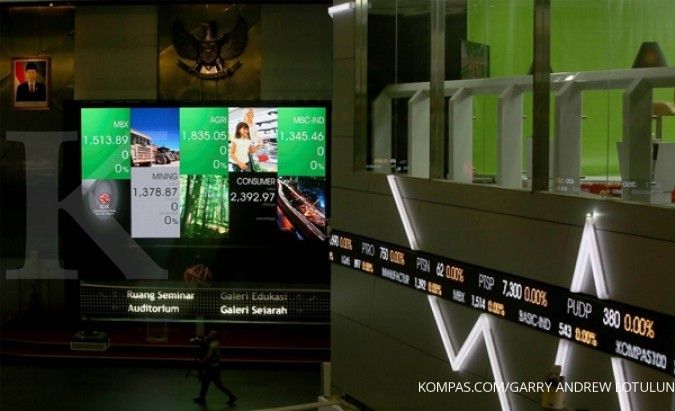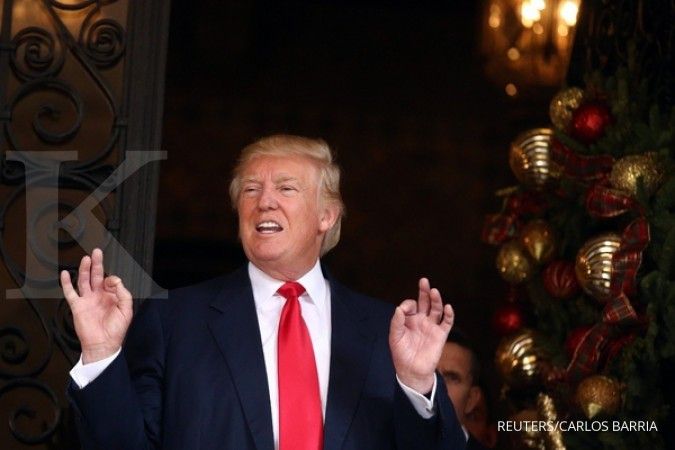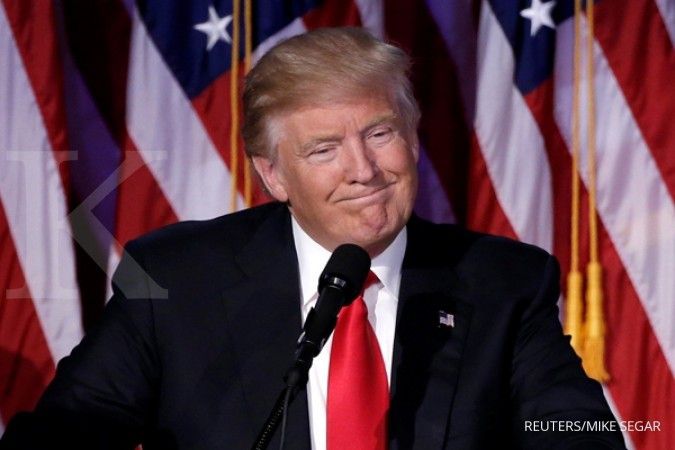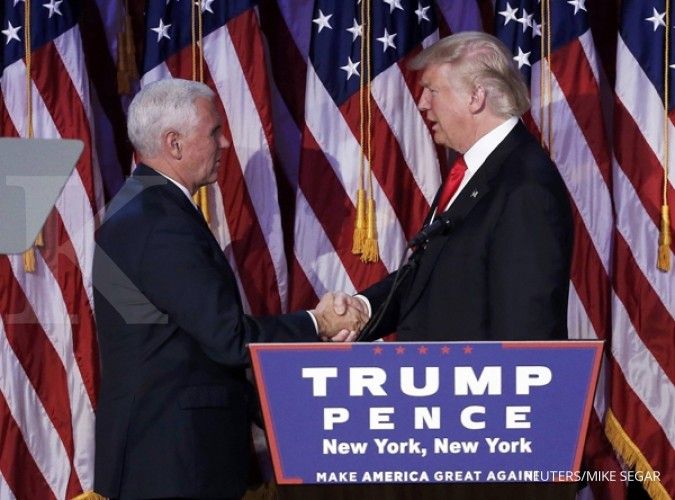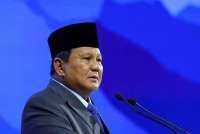Risk buffers
In the recent year, the government has tradition to issue the bonds in the early semesters, as tax revenues would have just been collected ahead of the end of year. Therefore, the government will usually prepare to make debt at the beginning of year. Under 2017 State Budget, the government sets to issue government securities with a total gross of Rp 579 trillion.
The government securities issuance aims at covering 2017 State Budget deficit, which will be 2.41% of Gross Domestic Product (GDP).
The government is planning to issue as much as 60.15% of the total gross of government securities in the semester I. This strategy may reduce the competition with the US in making debt.
Recently, BI is making some efforts to recover domestic economy amid uncertainties in global financial market. During the meeting of Board of Governors of BI in the last week, BI decided to maintain BI 7-day Reverse Repo Rate at the level of 4.75%, as well as to sustain deposit facility and lending facility at the levels of 4.00% and 5.50%, respectively. This policy has started taking effect since 20 January 2017.
“We consider the US and China’s policies as the global risks to watch out in this year,” said Executive Director of BI Tirta Segara. Therefore, BI will optimize the combination of monetary, macro prudential, and payment system policies. This strategy aims at maintaining macro economy and financial system stabilities.
The government may launch another strategy to stifle the risks of global economic threat, namely Economic Policies Package. Since the end of 2015, the government has issued up to 14 packages to anticipate the economic slowdown. Amalia is optimistic that the future economic policies package may stifle the threat of Trump’s policies. The policies package may include licensing and investment incentives to build investors’ confidence.
However, Economist at Bank Permata Josua Pardede said that the implementation of the policies packages have not yet been optimum. Therefore, related institutions need to formulate appropriate strategies to cope with the issues on the policies’ implementation, such as policy clash between the institutions. A more concrete policies implementation is essential to convince the investors that policy deregulation and structural reform are running well.
At a certain level, tax amnesty program may reduce the potential risks of Trump’s policies. In this case, the repatriation funds of tax amnesty should be allocated to infrastructure sector. According to the reports of 21 gateway banks, the repatriation funds of tax amnesty as per 31 December 2016 just reached Rp 121.1 trillion of targeted Rp 141 trillion.
The government also should allocate the funds to the real sectors so that the funds may create multiplier effect. “The government and state owned enterprises have to increase the investment by evenly realizing the projects along this year. The funds should not be deposited in the banks,” Amalia said. Based on the estimation of National Development Planning Agency (Bappenas), the projects will bring positive contributions to domestic economy if they are realized as early as possible.
Amalia is optimistic that even if Trump completely implements his policies, the impacts to domestic economy will no more than minus 0.4% if the government realizes those strategies.
(Muhammad Farid/Translator)
/2017/01/21/1154782176p.jpg)
